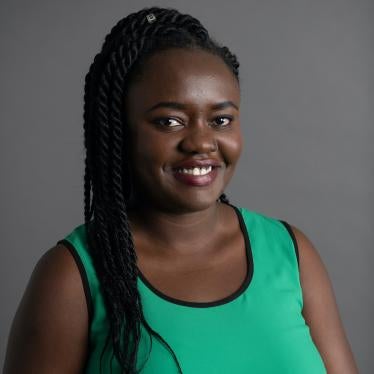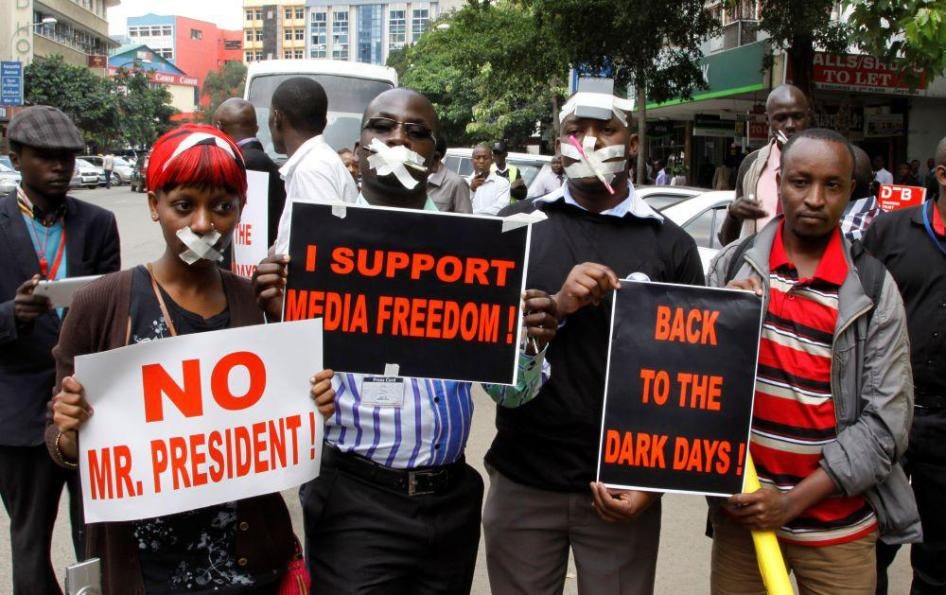When worldwide protests against police violence erupted following the death of George Floyd in the US in May, Kenyans found the protesters’ anguish all too familiar.Civil society groups in Kenya quickly spoke against police excesses. African groups issued statements condemning racism and police brutality in the US, drawing parallels with state sanctioned police violence in Africa. African nations have been speaking out against police brutality at a global level, but Kenyan communities have yet to see their government act on police violence at home.
In fact, the problem is getting worse. Activists working in grass roots justice centers in informal settlements in Nairobi warn that if the death toll from police violence in Kenya continues at its present rate, 2020 may be one of the deadliest years on record, and the situation is bound to get even worse given the trend. Human Rights Watch documented six deaths within the first few days of the Covid-19-related curfew enforcement by police officers.
According to Missing Voices, a civil society managed website for collecting data on police brutality, over 700 people have been killed or suffered serious injuries due to police violence since 2007, and this still does not describe the full extent of the problem. Most of the police officers accused of violence are well known within the communities, but activists, survivors and families of those killed rarely find justice.
Although the Independent Oversight Authority, a civilian police accountability institution, has tried to pursue justice for police excesses, the conviction rate remains dismal, with only six convictions since 2013. The oversight authority appears overwhelmed and often lacks the much needed support from the government. The government provides no mental health support for affected families, who are left grieving and questioning the ongoing patterns of abuse by police in the neighborhoods. The justice centers offer valuable support to victims, and their loved ones.
These justice centers, about 26 of them across the country, were formed and are run by activists who wanted to speak out against injustice in their communities. And it is these justice centers who have been helping victims and fighting police brutality.
Community members call the justice centers when someone has been killed, disappeared, arrested or beaten by police and their staff are often the first to arrive at the scene of an incident, and the first to speak to family and witnesses to gather preliminary evidence.
At the onset of the Covid-19 pandemic, justice center members swiftly took steps to address the pressing concerns in their communities after the government announced a curfew and restrictions on movement. Most people living in these communities earn a daily wage and the restrictions prevented them from working. The centers led fundraising drives to establish hand washing spots, collection and distribution of sanitary towels, and food donation systems. They also monitored the police response in enforcing the curfew. When police turned violent, the justice centers stepped in to document the incidents and keep records of those killed and beaten.
The police have downplayed credible reports of unlawful killings by their officers, most of them either in rural areas or in informal neighborhoods in urban centers., and even asked activists to also look into cases in which citizens have attacked police. But even with the justice centers, the affected communities have little power over the police. This is not a case of a few errant officers. It’s a systemic issue, with the Kenya government failing to protect its citizens.
Community justice centers are led by passionate activists who are supported by donations. Many of these activists have been threatened due to the work they do around police brutality. A year ago, the body of a passionate and charismatic activist, Caroline Mwatha,s found in the morgue in Nairobi. She had been missing for about a week, and her family and rights activists had led a campaign on social media and around the city trying to find her. The unclear circumstances leading to her death caused concerns among human rights defenders across the country.
Caroline Mwatha was one of the founders of the Dandora Community Social Justice Center, which, among other activities, had been investigating and documenting police brutality. The centers’ members are community activists who carry out their work at great personal risk.
The justice centers have been doing the work that the government should have been doing all along to protect its residents. As Kenyans call for an end to police brutality, it is important to support community justice center activists who have years of experience in understanding and combating the problem of police brutality.









